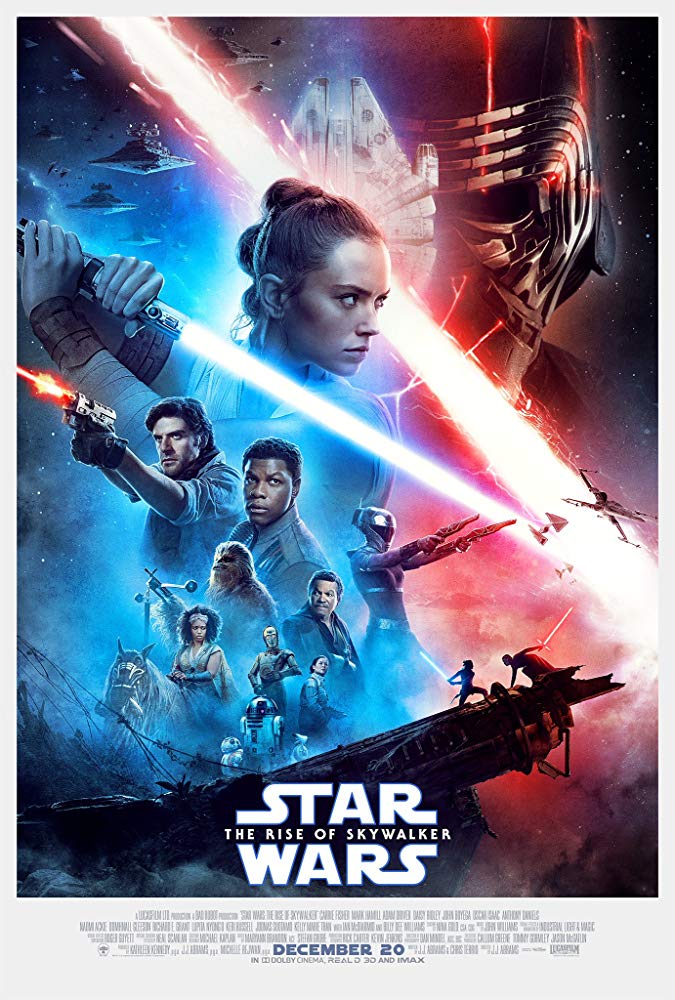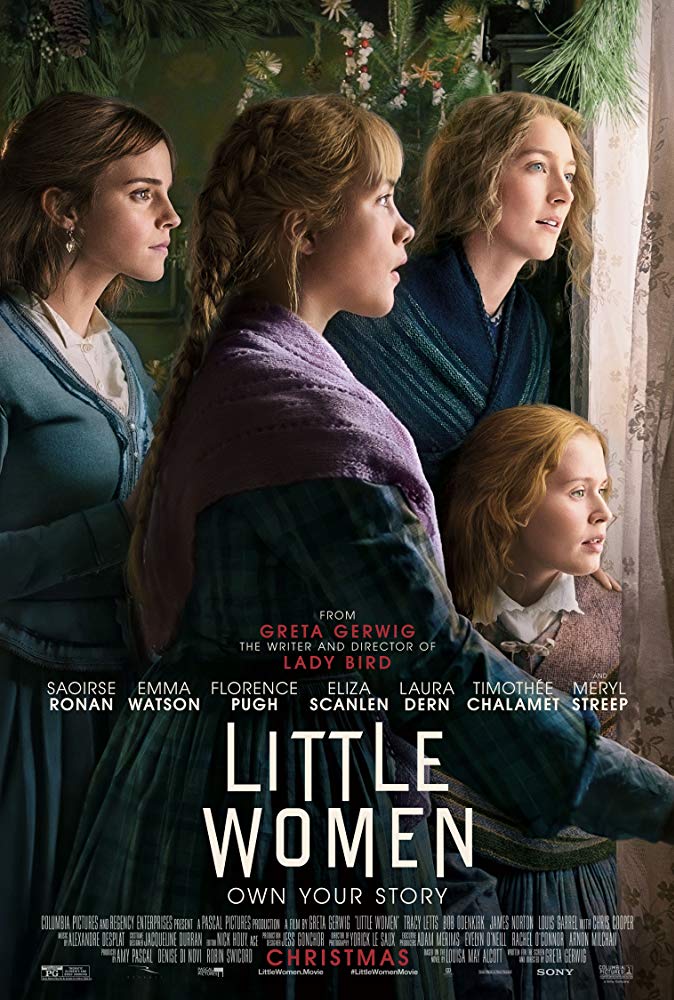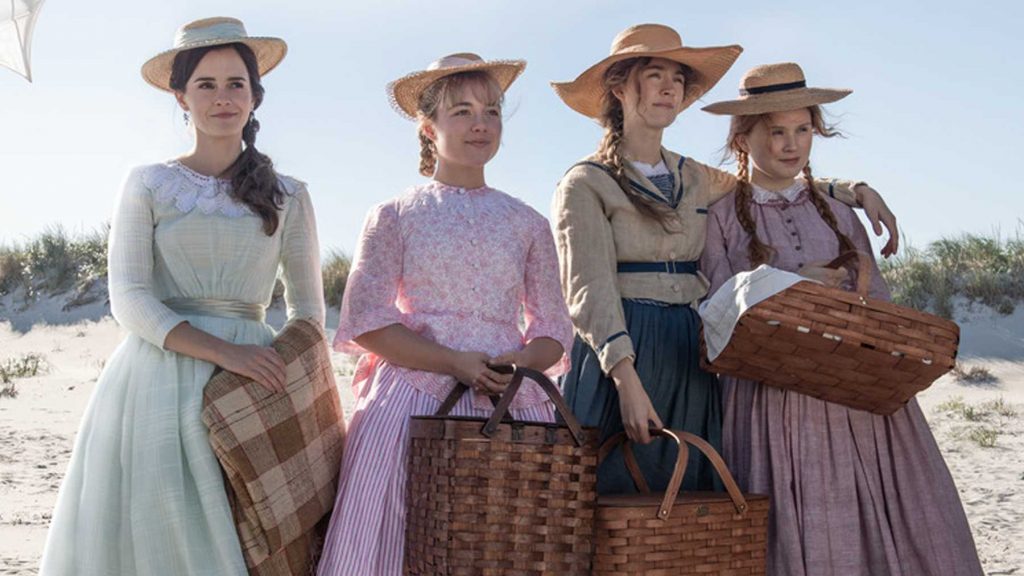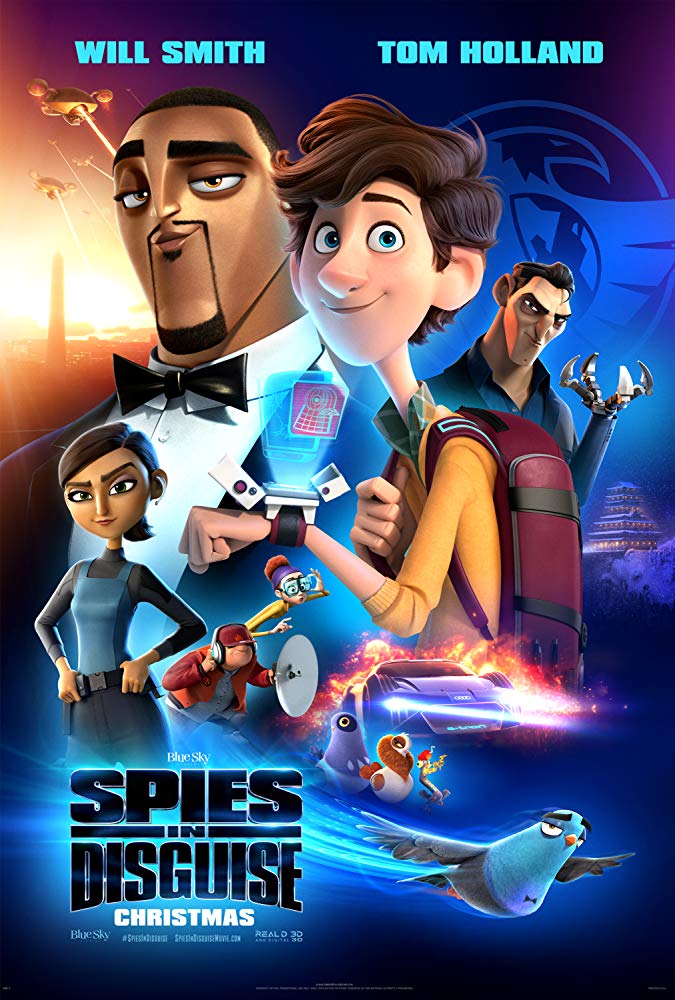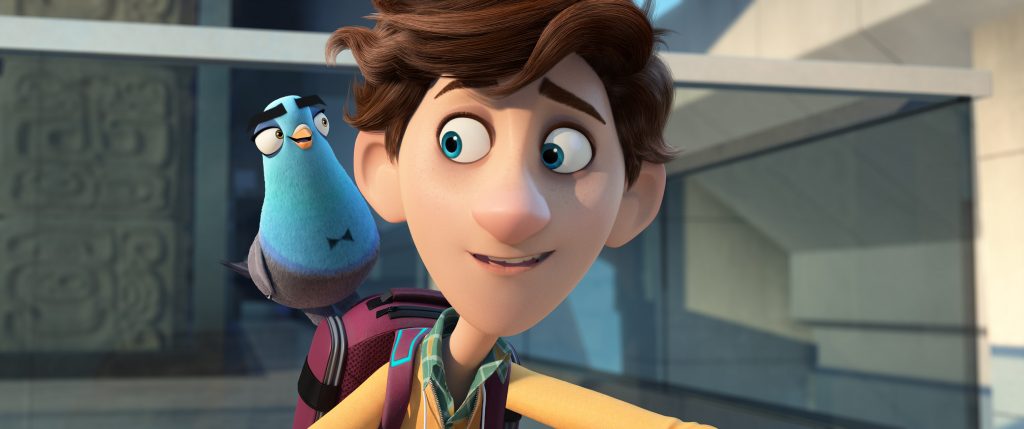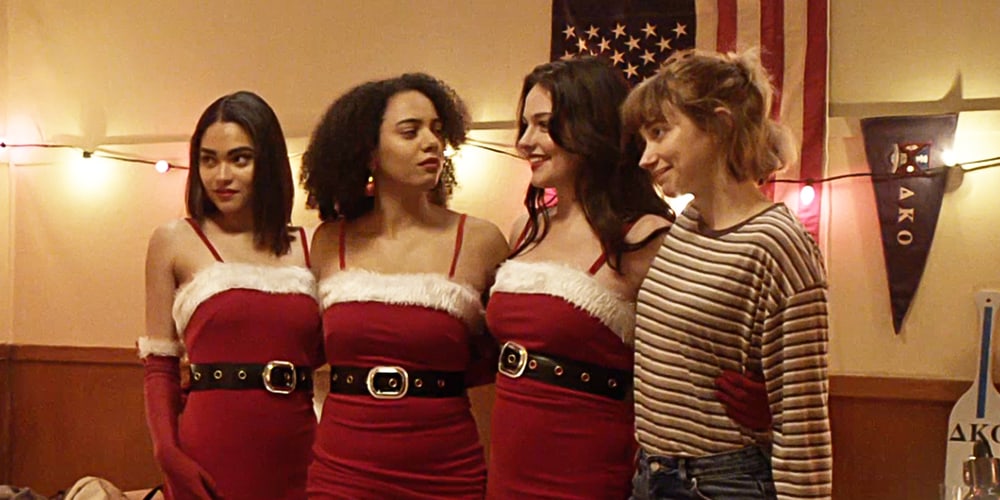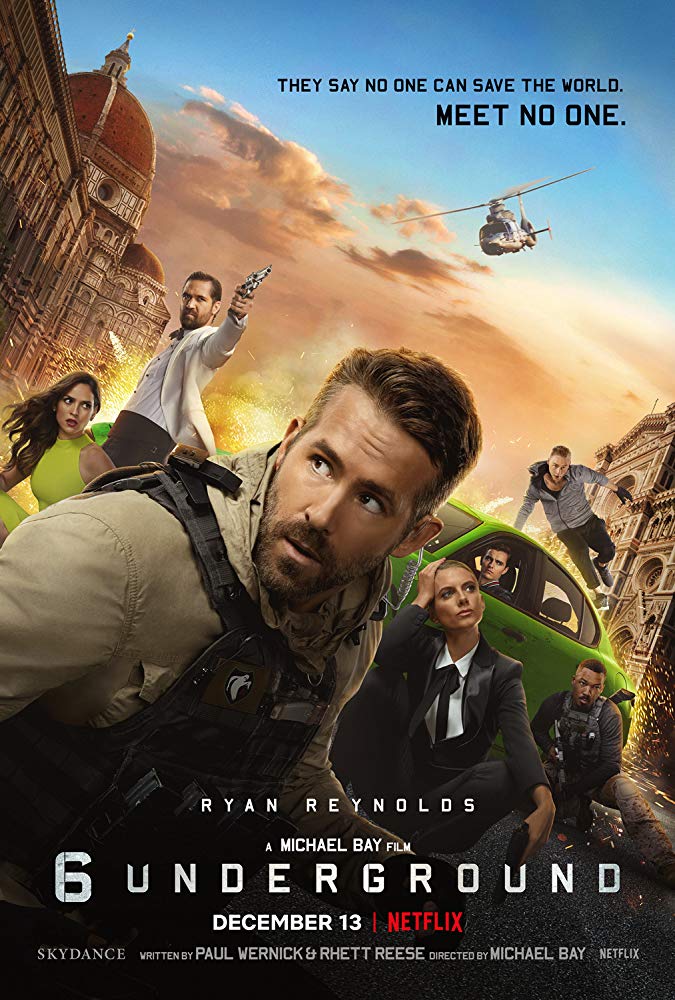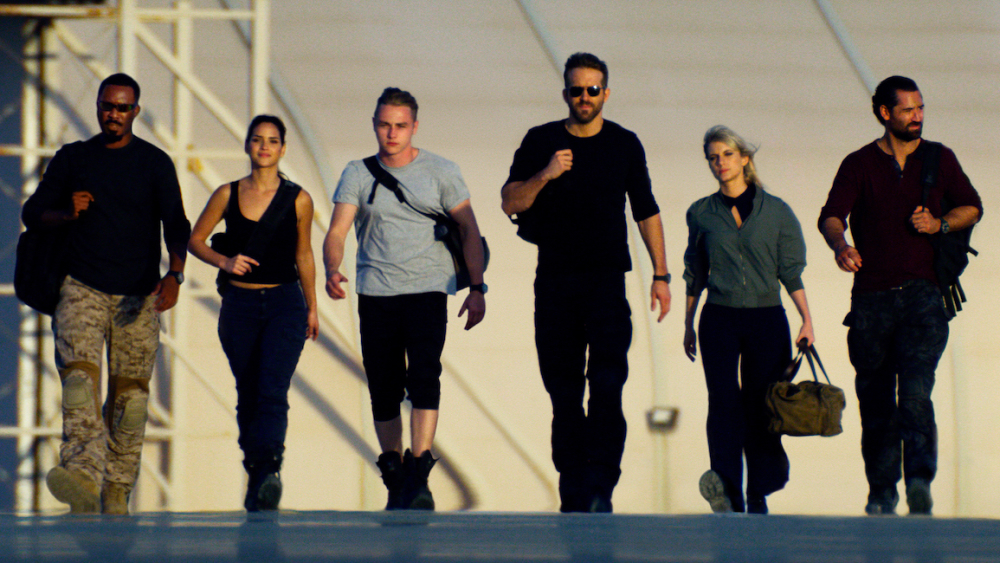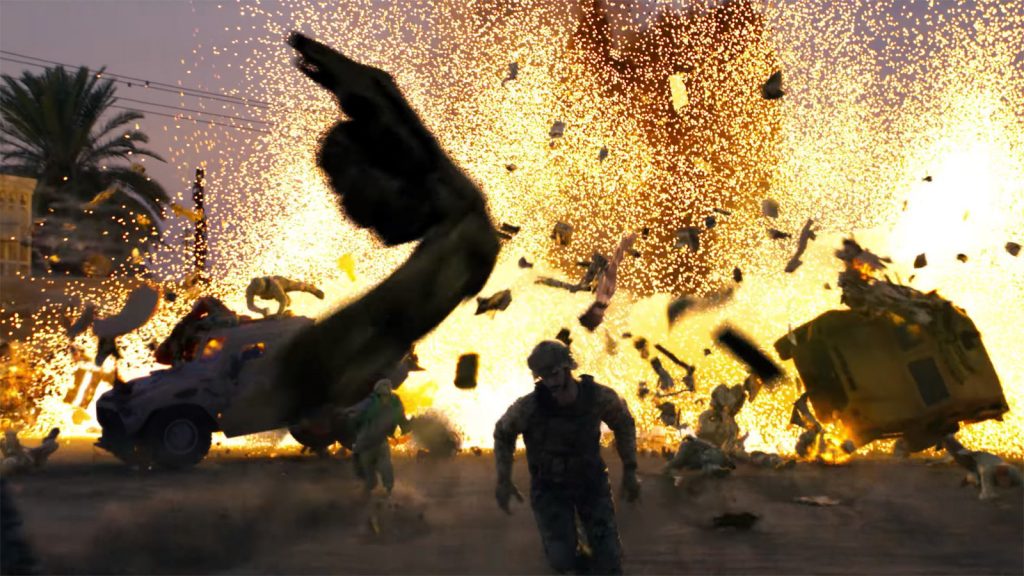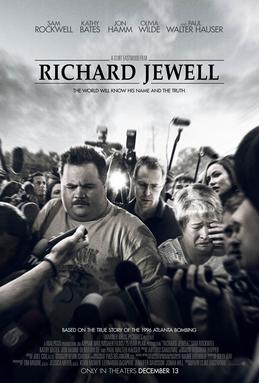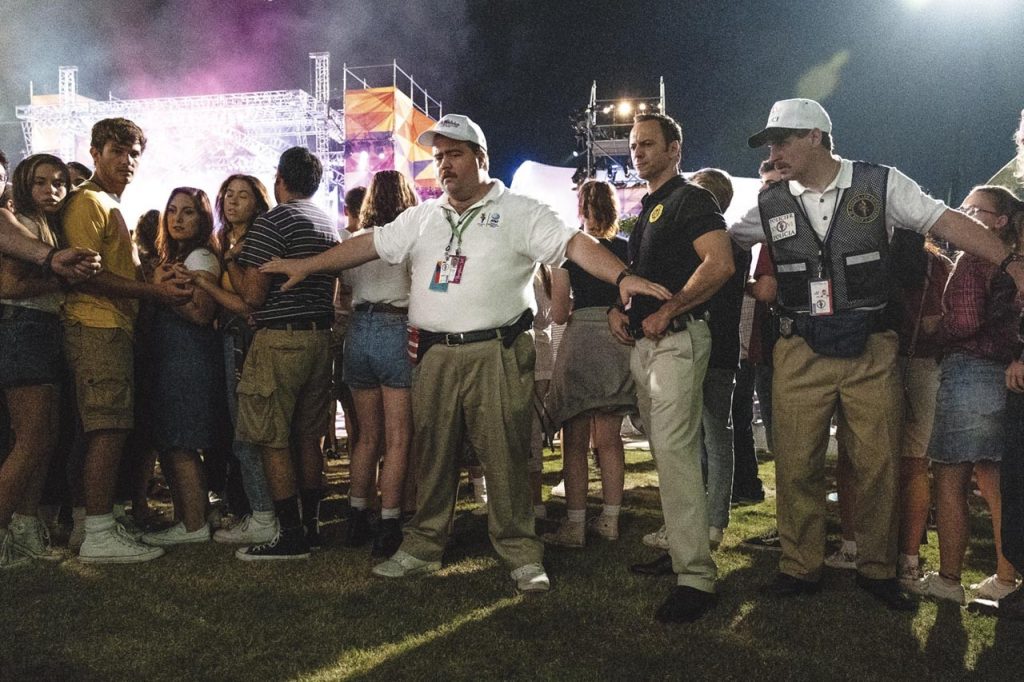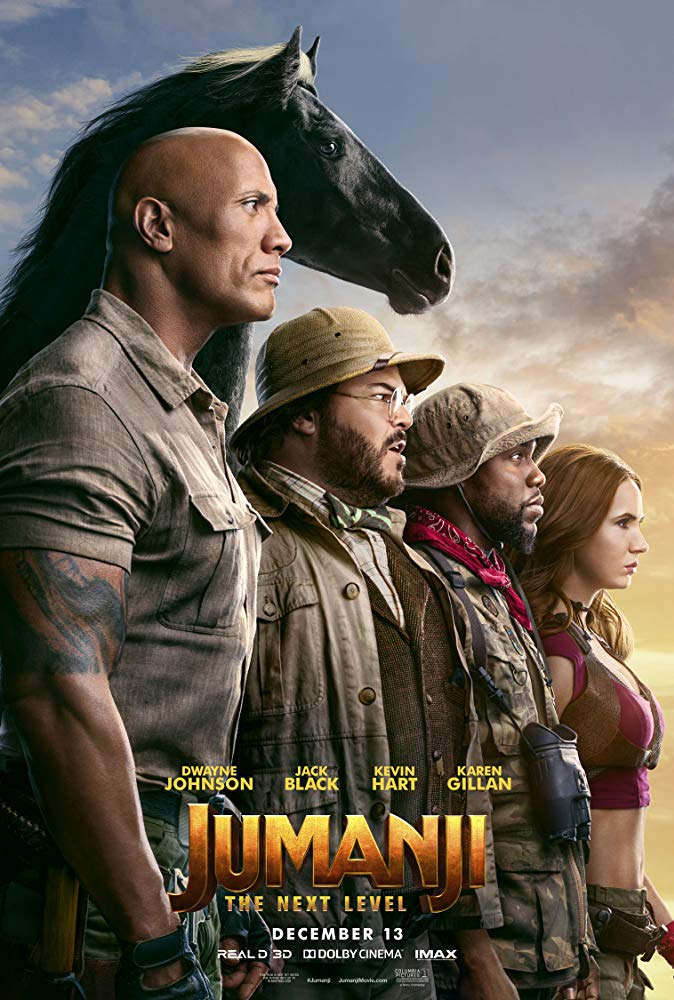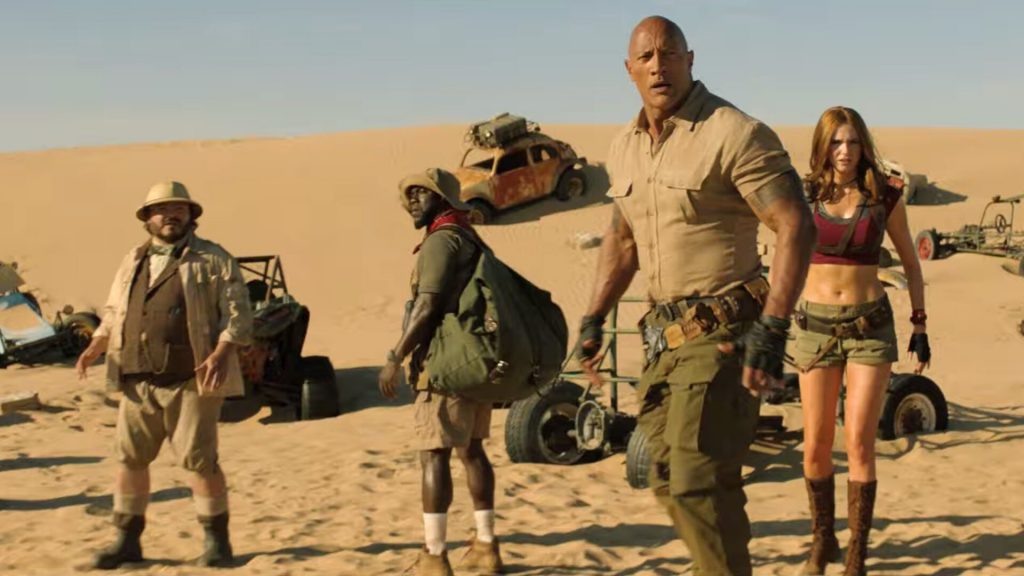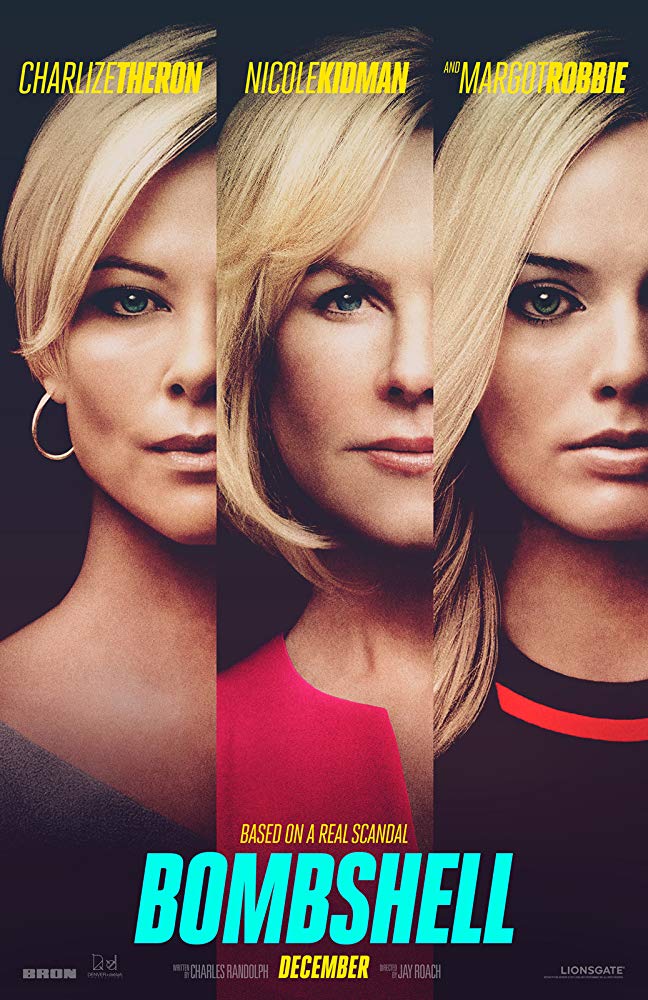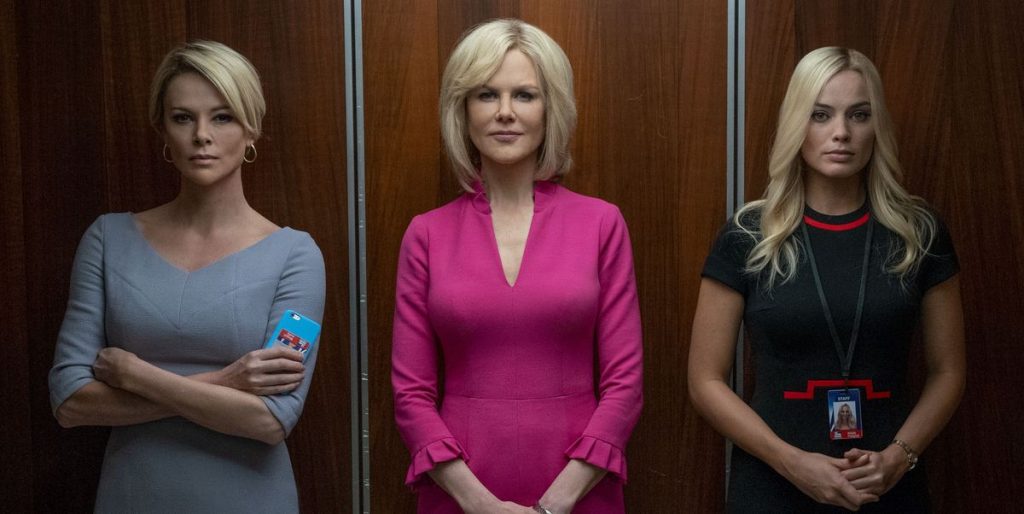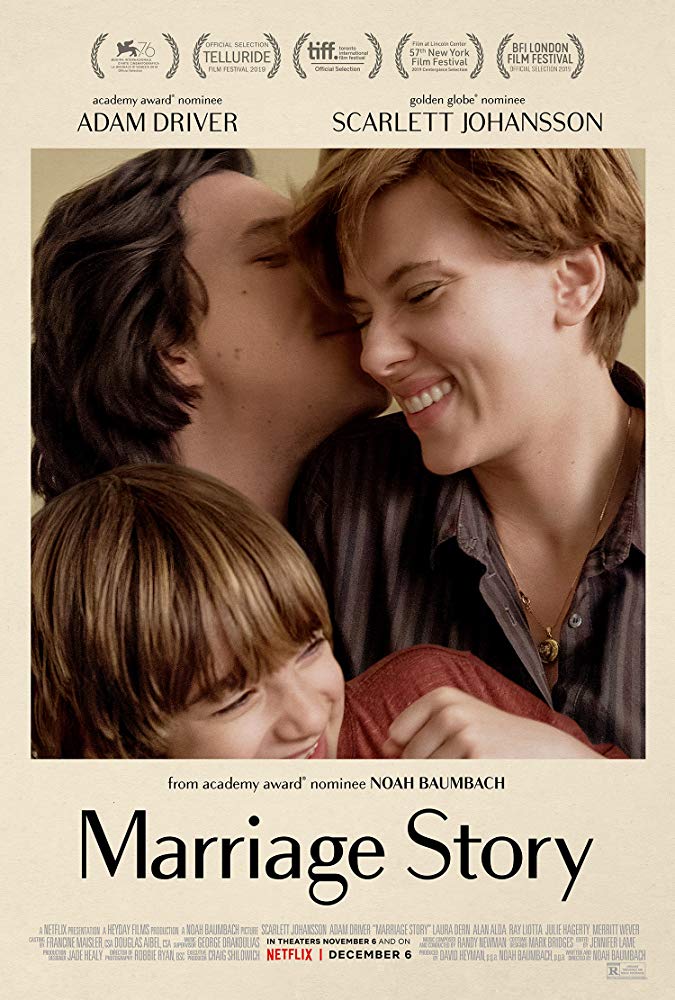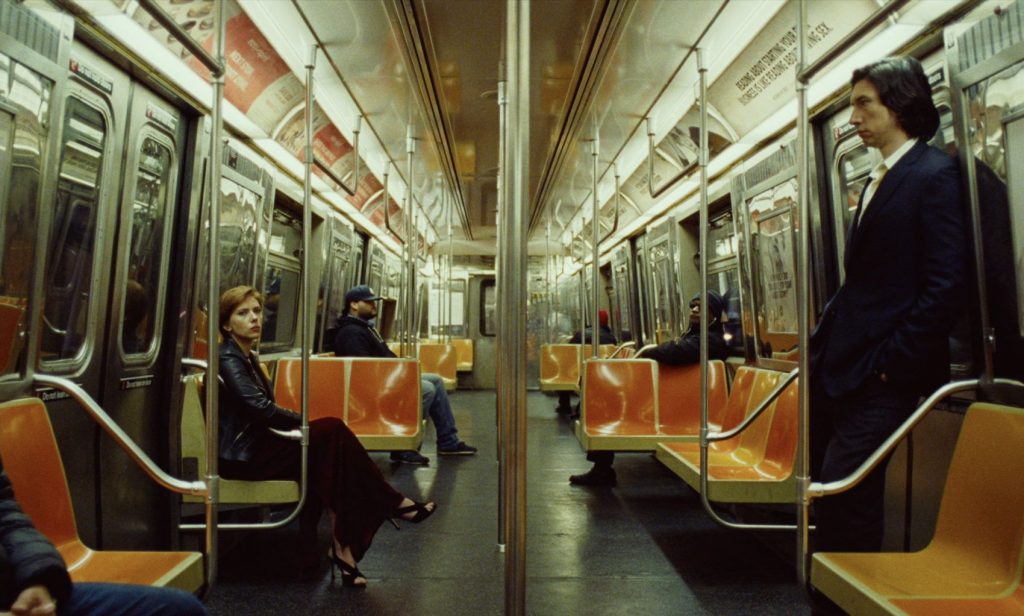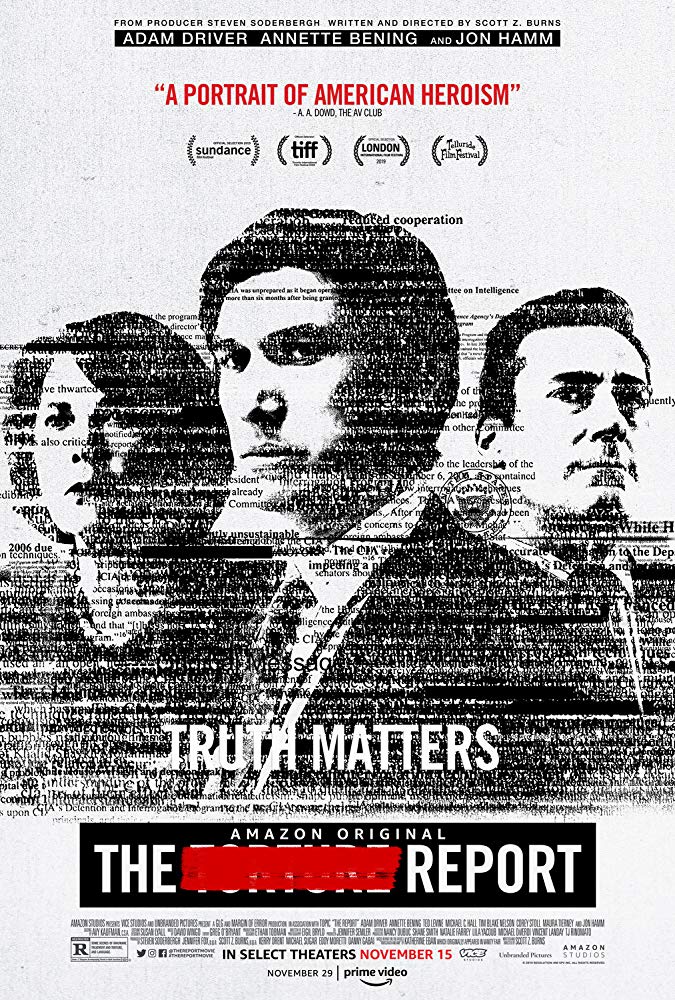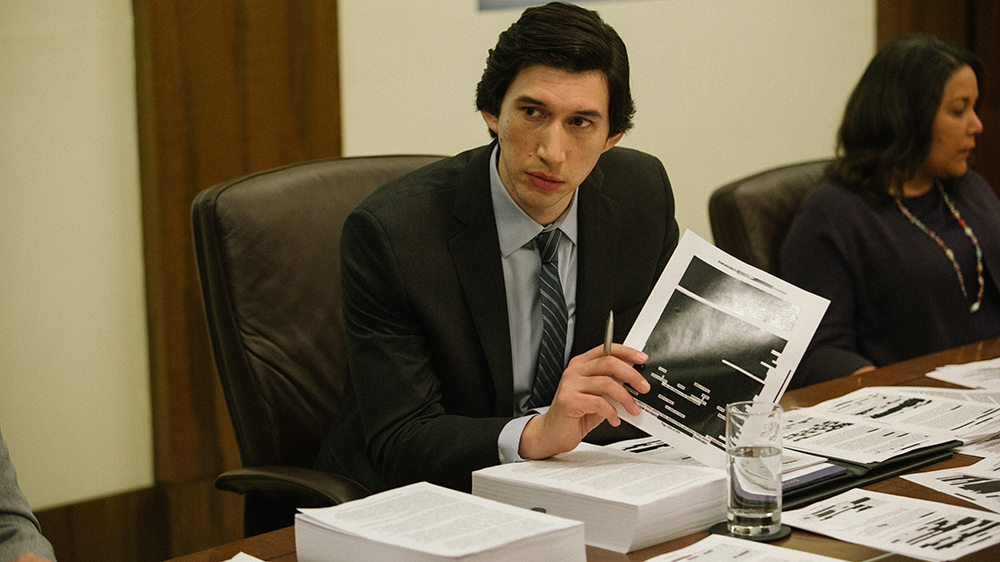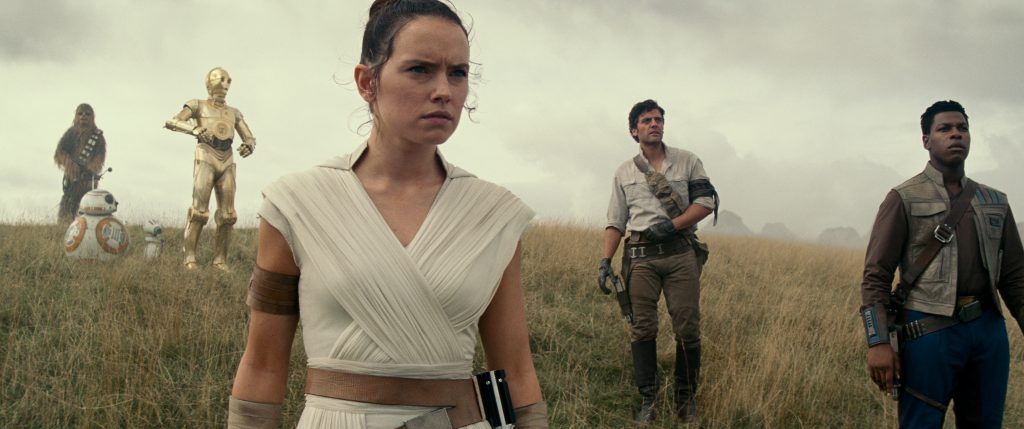
“Star Wars: The Rise of Skywalker” faced a nearly impossible task: end one of the grandest, most-beloved ongoing stories of all-time in a way that would universally appeal to what has become a largely fractured, and always passionate, generation-spanning fan base. It was never going to succeed at this, and what happens within this final film will most certainly have fans divided once more. Much of the reason for mixed opinions will, naturally, come down to story decisions such as the answer to Rey’s parentage, the conclusion of Kylo Ren’s character arc, and the reasoning behind why Emperor Palpatine has reappeared to be woven into this final trilogy. In order to ensure the mystery remains for readers, all that I can really say on this front is that I emerged from my viewing of the film conflicted – appreciating some of the directions director JJ Abrams went while being both baffled and extremely frustrated by others. If you were hoping for a wrap-up that would be loved and praised by all, well, I can simply say that you’re not going to get your wish.
“The Rise of Skywalker” is a lot of movie. A lot, a lot. It’s nearly two and a half hours of non-stop, action-packed, exposition-filled, video game quests. I happen to enjoy the style of adventure video game progression that we see emulated and so I had quite a bit of fun with the planet-hopping escapades of Rey, Poe, and Finn. But I also can acknowledge that this will absolutely not be everyone’s cup of tea. Hard and fast editing cuts, the quick pace of new information being revealed, and frequent tying up of plot points made it hard to remember details upon exiting the theater. Even now, less than 24-hours since seeing the film, I couldn’t recount the plot trajectory to you without going back to look at my notes. Exciting and not without spectacle, but also very, very messy.
Things that worked the best for me were some emotional moments between main characters, a healthy dose of smartly included fan service (much of which makes sense for story reasons), and the way in which General/Princess Leia is sent off. One major thing that did not work for me was the details surrounding the reappearance of Emperor Palpatine, his motives, his level of power, and ultimately his place in this saga. Other elements that bothered me were the lack of defining set pieces to rival the greatest ones the series has offered and a story that feels like it was written specifically to cater to those who’ve expressed disappointment with “The Last Jedi”. It is very clear that this was not a three-part story arc planned out from the beginning, and the way in which this film treats its direct predecessor is pretty rude. The film also frequently creates high stakes only to undo them moments later, draining a much stronger potential emotional investment away. With regards to Palpatine, his inclusion has the unfortunate effect of altering the impact of certain events from Anakin’s past in ways I did not appreciate. And also he yells… often and loudly. The action, while quite nice to look at, never provided me the kind of unforgettable single scene that I was hoping for, like the Holdo Maneuver, taking down an AT-AT with tow cables, or the Millennium Falcon navigating an asteroid field against overwhelming odds. Just as with superhero films, the more frequently we see amazing action sequences in this universe, the harder it becomes to stand out from the crowd.
“The Rise of Skywalker” is epic, though, without a doubt, and resembles a condensed mixture of all three original trilogy films, for better and worse. It features immersive, loud sound effects and another incredible score by John Williams, is beautiful to look at, provides opportunities for our heroes to shine, and lets us once again have a blast experiencing stories in a galaxy far, far away. There’s slightly more good than bad, but this is yet again a Star Wars film that will be debated for years (if not more) to come. Like many of the Millennium Falcon’s landings, JJ Abrams brings this nine-film saga to an end in a gloriously cinematic but messy crash. Not ideal, but also not fatal. It gets the job done.
Rating:

Aaron White is a Seattle-based film critic and co-creator/co-host of the Feelin’ Film Podcast. He is also a member of the Seattle Film Critics Society. He writes reviews with a focus on the emotional experience he has with a film. Follow him on Facebook and Twitter to be notified when new content is posted.

